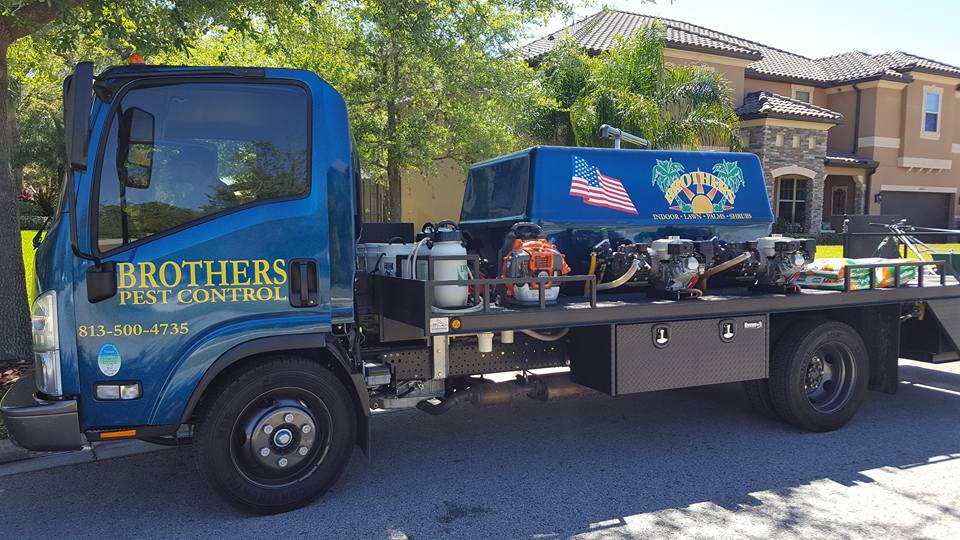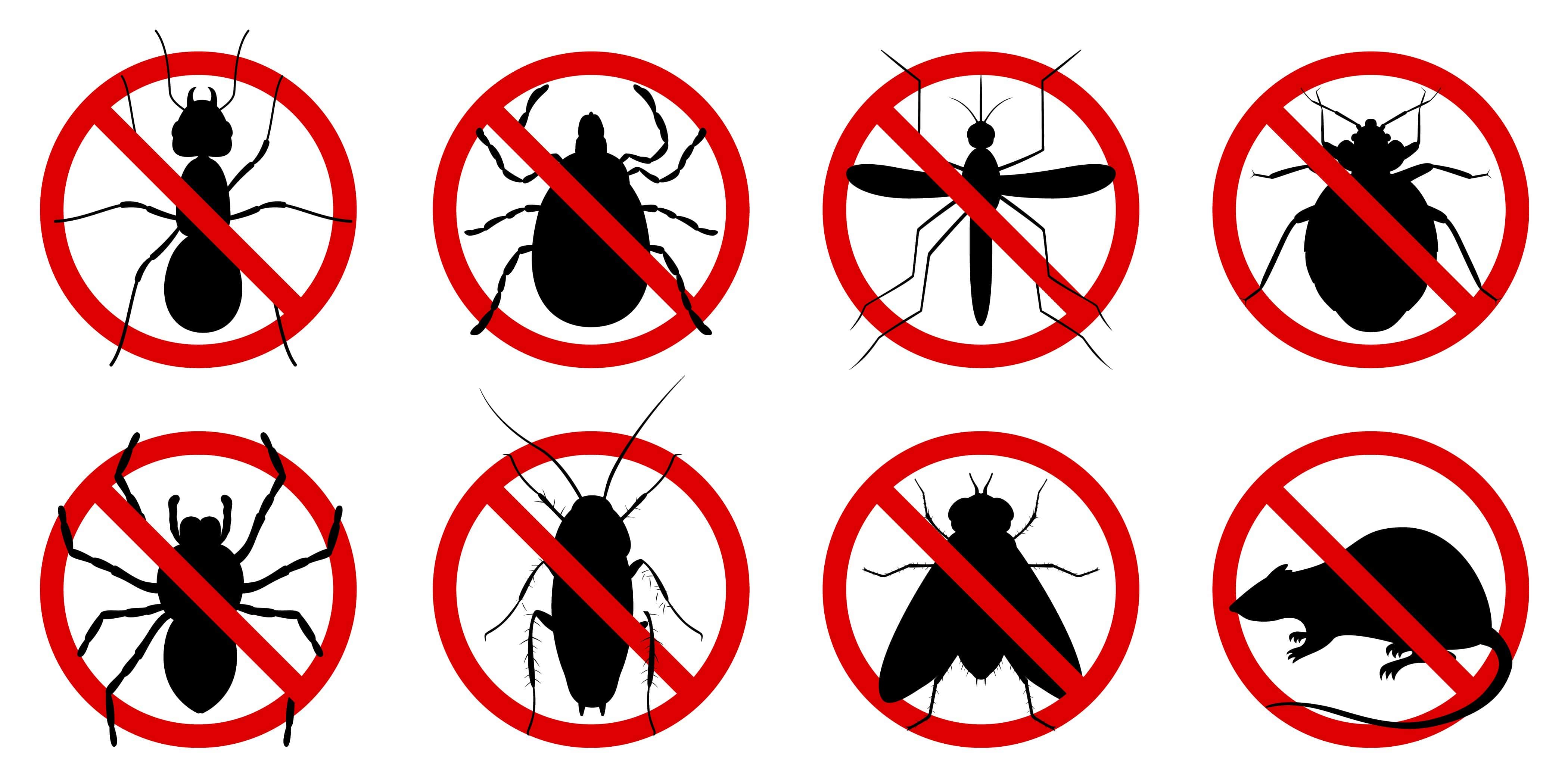Premier Pest Control Fresno: Comprehensive Providers for Your Property
Premier Pest Control Fresno: Comprehensive Providers for Your Property
Blog Article
Distinguishing In Between Kinds Of Pest Control Techniques
From chemical remedies to environmentally friendly methods, the spectrum of bug control techniques is diverse and nuanced. The evolution of parasite control techniques has led to the advancement of cutting-edge approaches that cater to various requirements and preferences.
Chemical Insect Control Techniques
Chemical insect control techniques are commonly employed in the agricultural market to efficiently handle and get rid of insect invasions. Chemicals are substances especially created to eliminate or regulate parasites such as rodents, weeds, and pests.
While chemical pest control methods can be highly efficient in controlling bug populations, there are also problems concerning their possible impact on human health and the setting. To mitigate these threats, it is necessary for farmers and parasite control experts to adhere to correct application strategies, adhere to safety and security guidelines, and think about alternate pest control methods whenever possible.
Organic Insect Control Methods
Given the potential problems associated with the impact of chemical pest control approaches on human health and wellness and the setting, a change towards using Organic Parasite Control Techniques offers a more environmentally pleasant and sustainable strategy to taking care of parasite infestations in agriculture. Organic bug control includes the usage of various other living organisms to regulate pest populaces. This method can include the intro of all-natural predators, parasites, or pathogens that target specific bugs, interrupting their lifecycle and decreasing their numbers. One typical example is making use of ladybugs to control aphids in agricultural settings. By advertising natural predators, biological bug control can help keep an equilibrium in the ecological community without depending on unsafe chemicals. Additionally, organic control methods tend to be more targeted, impacting only the parasite varieties without damaging valuable bugs or other organisms. While biological parasite control might call for more time to reveal results compared to chemical techniques, its long-term performance and marginal ecological effect make it a preferred option for sustainable pest management in farming.
Mechanical Pest Control Methods
Using physical barriers or devices to straight get rid of or repel insects is the essence of mechanical bug control techniques. This approach entails the usage of tangible devices and structures to handle insect populaces without relying upon chemicals or toxins. One typical technique is the installation of displays, fences, or internet to obstruct insects from going into certain locations. Physical catches such as mousetraps, flypaper, or scent traps are additionally widely utilized to record and regulate pests.
Another reliable mechanical parasite control approach is using vacuum cleaner gadgets to physically eliminate bugs from ravaged areas (pest control fresno). Vacuuming not just gets rid of grown-up parasites but also assists in eliminating larvae and eggs, disrupting the bug's life process. Furthermore, mechanical insect control approaches include using barriers like caulking or securing gaps and splits to avoid bug entrance into buildings
All-natural Insect Control Approaches
One effective strategy in pest control involves utilizing all-natural aspects and processes to handle parasite populaces in an environmentally friendly way. All-natural parasite control approaches leverage the environment's own checks and equilibriums to control pests without counting on artificial chemicals. One usual technique is organic control, where all-natural killers or bloodsuckers of webpage pests are introduced to keep pest populations in check. Ladybugs, for instance, are understood for feeding on aphids, thus acting as an all-natural kind of bug control in yards. In addition, planting diverse plants can assist disrupt pest life process by creating a much less desirable environment for them to thrive.
Practicing great yard hygiene, like eliminating parasite environments and including companion planting strategies, can also aid in parasite management without harming useful organisms. By accepting natural parasite control techniques, individuals can protect their crops while advertising a much healthier and much more sustainable setting.

Integrated Insect Management (IPM)
Integrated Pest Management (IPM) is an extensive method to pest control that focuses on combining view it different techniques to reduce parasite damages while minimizing risks to human health and wellness and the setting. IPM incorporates biological, cultural, physical, and chemical strategies to take care of bugs properly - pest control fresno. This method highlights control, prevention, and monitoring to resolve insect problems in one of the most economically feasible and ecologically pleasant means

Chemical control is made use of as a last resort in IPM and is used deliberately, targeting particular insects while decreasing harm to useful organisms and the community. By integrating these varied approaches, IPM go to these guys provides a lasting and holistic method to pest management.
Final Thought
In final thought, recognizing the numerous types of bug control approaches is important in successfully handling pest invasions. Chemical approaches involve making use of chemicals, while biological approaches utilize all-natural predators to manage bugs. Mechanical techniques depend on physical barriers or catches, and natural methods include using plant-based or non-toxic substances. Integrated Parasite Monitoring (IPM) incorporates several approaches for a much more lasting and environmentally-friendly technique to pest control. Each method has its very own benefits and limitations, making it essential to pick the most appropriate one for each situation.
While chemical parasite control approaches can be extremely effective in managing insect populaces, there are also issues regarding their prospective effect on human wellness and the environment. To minimize these risks, it is essential for farmers and bug control specialists to comply with proper application techniques, adhere to safety standards, and think about alternate parasite control approaches whenever feasible.Provided the prospective concerns related to the impact of chemical insect control techniques on human health and wellness and the environment, a change towards utilizing Biological Parasite Control Approaches supplies an extra eco friendly and sustainable technique to handling bug infestations in agriculture. Natural pest control approaches leverage the ecosystem's own checks and balances to control parasites without relying on synthetic chemicals.Integrated Pest Administration (IPM) is a comprehensive method to pest control that concentrates on incorporating different techniques to reduce insect damage while minimizing dangers to human health and the atmosphere.
Report this page